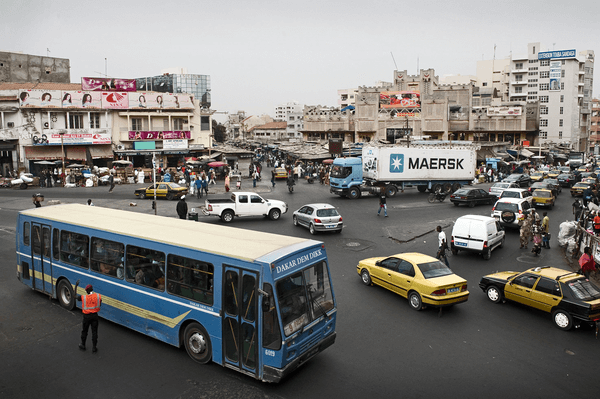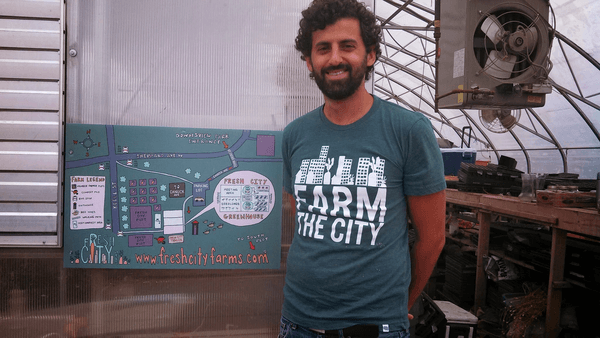City
New Delhi - NIUA
Main actors
NGO / Philanthropy
Project area
Neighborhood or district
Duration
Ongoing since 1999
GOONJ is an NGO working on issues of urban waste and social distribution. It believes in utilizing vast quantities of untapped old and waste material in middle class households and re-using it to create second-hand products.
GOONJ is converting the charitable act of giving clothes into a development resource in rural areas, focusing on receiver's dignity instead of donor's pride. In doing so, GOONJ fosters civic participation and contributes to the emergence of a parallel economy not based on money but on trash. GOONJ uses the transformation process of old material as a tool to bring social issues into light and thus opens the way for mind changes. GOONJ cooperates with over 250 grassroots organizations and is already reaching parts of 21 Indian states.
The project forms a creative and locally embedded workplace in Delhi and demonstrates the importance of more sustainable forms of production and consumption.
Deutsche Bank Urban Age Award
This project was awarded the 'Deutsche Bank Urban Age Award' in 2014.
External links / documents
On Map
The Map will be displayed after accepting cookie policy


